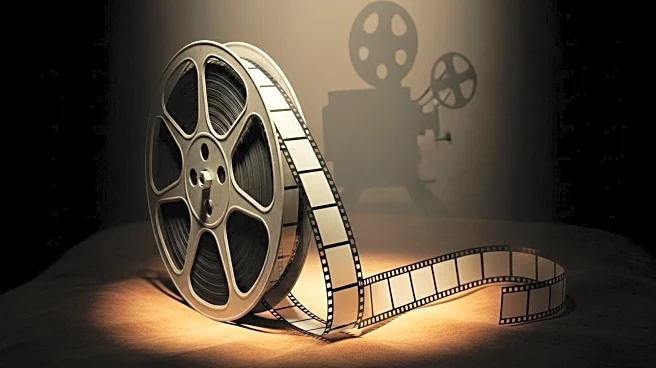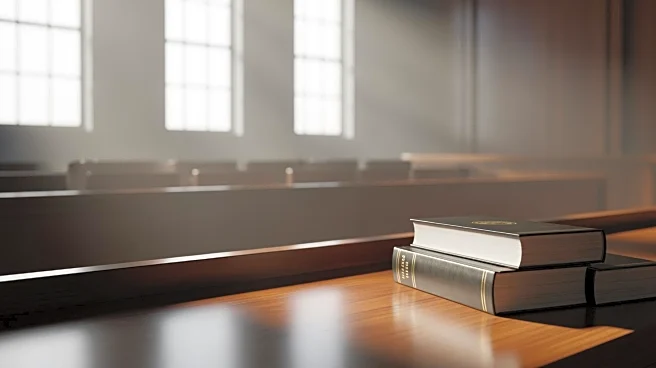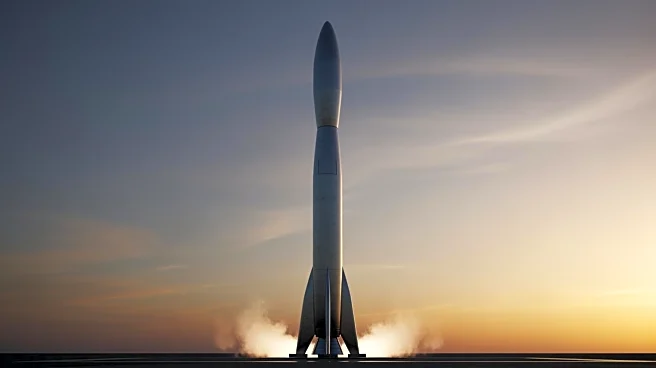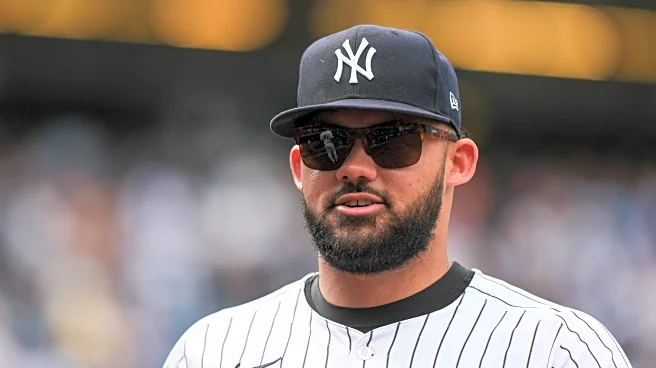What's Happening?
Showrunner, a startup aiming to revolutionize the entertainment industry, is working on a project to restore lost footage from Orson Welles' 1942 film, The Magnificent Ambersons. The film, originally 131 minutes long, was cut down to 88 minutes by RKO without Welles' input, leading to the destruction of the negatives. Showrunner plans to use generative AI to recreate the lost footage, combining AI-generated approximations with sequences featuring live actors whose faces are manipulated to resemble the original cast. The project involves AI VFX artist Tom Clive and filmmaker Brian Rose, who previously attempted a restoration using hand-drawn animation.
Why It's Important?
The restoration of The Magnificent Ambersons using generative AI represents a significant advancement in the use of technology in film preservation. This project could pave the way for similar restorations of other lost or incomplete works, potentially altering the landscape of film history and preservation. It also highlights the growing role of AI in creative industries, raising questions about intellectual property rights and the ethical implications of using AI to recreate artistic works. The project is not intended for monetization, focusing instead on cultural and historical preservation.
What's Next?
Showrunner's approach to restoring The Magnificent Ambersons may lead to further discussions about the legal and ethical aspects of using AI in film restoration. The company plans to offer the restored footage to the intellectual property holders if they see a market for it. This could influence future collaborations between tech startups and traditional media companies, potentially leading to new business models in the entertainment industry.
Beyond the Headlines
The use of AI in restoring The Magnificent Ambersons raises broader questions about the authenticity and integrity of restored works. As AI technology advances, it may become increasingly difficult to distinguish between original and AI-generated content, challenging traditional notions of authorship and originality in the arts. This project could also spark debates about the role of AI in creative decision-making and its impact on artistic expression.









